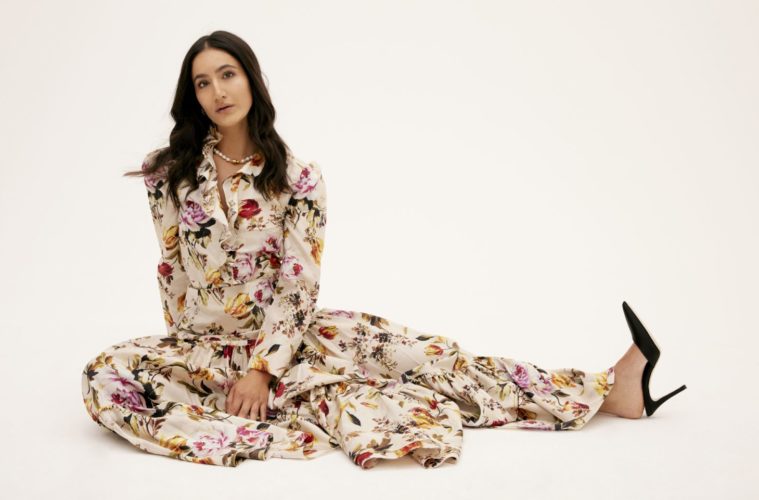“We can wear the things that make us different and make us individuals with pride and not with shame,” explains Nikohl Boosheri.
Nikohl, who portrays Adena El-Amin on Freeform’s series The Bold Type, has proudly brought feminist Muslim representation to mainstream media.
She currently plays the first queer Muslim female character ever shown on American television, a societal milestone that she, rightly, takes quite seriously.
On this week’s episode of the L.A. Weekly Weekly Podcast, Nikohl has a candid conversation with host Brian Calle on what it means personally and professionally to make a career out of genuine representation.
Taking these roles and portraying such unapologetically raw and honest characters has earned Nikohl admiration from her peers and viewers alike. However, this leap into stardom hasn’t come without a cost.
“I have a grandmother who saw the first film I was in and walked out, and I haven’t talked to her since,” shares Nikohl.
“I learned long ago to just do the best I can,” she continues. “I will try, to the best of my ability, to play this part as truthfully as I can and bring as much nuance as I can, as authentically as I can. But I want to get it right, and that’s important to me. It’s more about the human and a lot less about the role model of a religion or anything like that. So, I didn’t really worry too much about what people thought beyond that.”
Losing a family member over a job is still a tough pill to swallow. What was the film that caused so much strife? The 2011 French-Iranian-American drama Circumstance.
“It’s a film based in Iran,” Nikohl explains. “It’s kind of a love story, a three-way love story between a sister, her best friend and her brother, so … a lesbian love story in modern-day Iran.”
Her whole family was so proud of her, and joined her at the film’s debut to show support.
“My whole family filled up the movie theater at the Vancouver Film Festival to see this movie,” she confirms. “I was shocked that my dad had invited [Nikohl’s grandmother] to come along because she is a devout [Muslim] – to this day she wears a headscarf and she’s very much practicing – so I assumed that he had given her a warning and … I don’t believe that was actually the case.”
Relating to relatives that come from a different time, raised with considerably different societal and religious beliefs, can sometimes be a difficult endeavor. But not all the time.
“Luckily enough, my other grandmother was there and we are very close,” says Nikohl. “She had no problem with the film at all. So it’s just, you know, people are going to project their own experiences and their own fears and perspectives. And I have really little to no control over that. I would have appreciated that she had a heads up or maybe was discounted from this particular event. But that’s just the way that it unfolded. And it’s unfortunate. But I can empathize with her background and why it would make her uncomfortable.”
Coming from a place of understanding and love is a necessity for Nikohl, especially as someone who plays characters that would be considered controversial in some communities. In fact, she does extensive cultural research on each character she portrays, in order to fully immerse herself in their headspace. And fans notice that.
“I think that the most meaningful fan messages I receive are when I get messages from young women that maybe thought that they could never come out to their friends and family,” she tells Brian. “I think that if representation [in the media] helps people to accept who they are and helps them to be more loving and accepting of themselves – despite what the response to them may be from others – that is very powerful. And that’s something in Adena that I found very powerful, something I think inspires people, that she’s kind of flipped all that. You can’t really throw anything at her because she uses it all as armor.”
“So anything that’s been historically used against a woman in her position, she’s already flexing it so it can’t be flipped on her,” she finishes.
Nikohl finds authenticity in that personality type: “All these experiences and adversity make us really, I think, interesting and unique and there’s great beauty in that.”
Listen to the L.A. Weekly weekly podcast on Spotify, Cumulus Los Angeles or wherever you get your podcasts.
Advertising disclosure: We may receive compensation for some of the links in our stories. Thank you for supporting LA Weekly and our advertisers.

